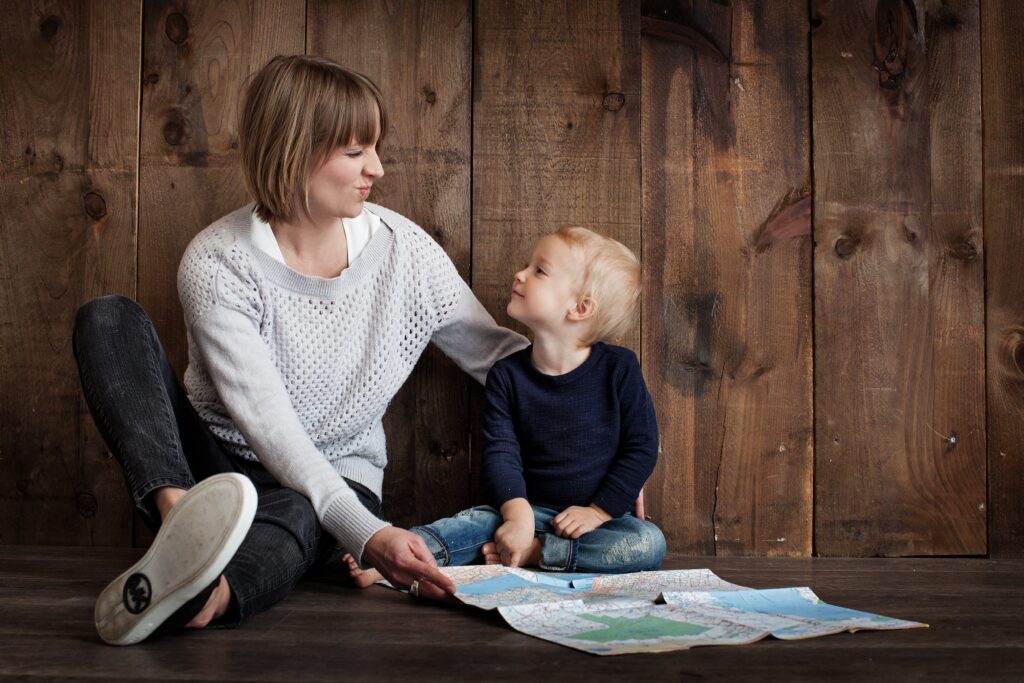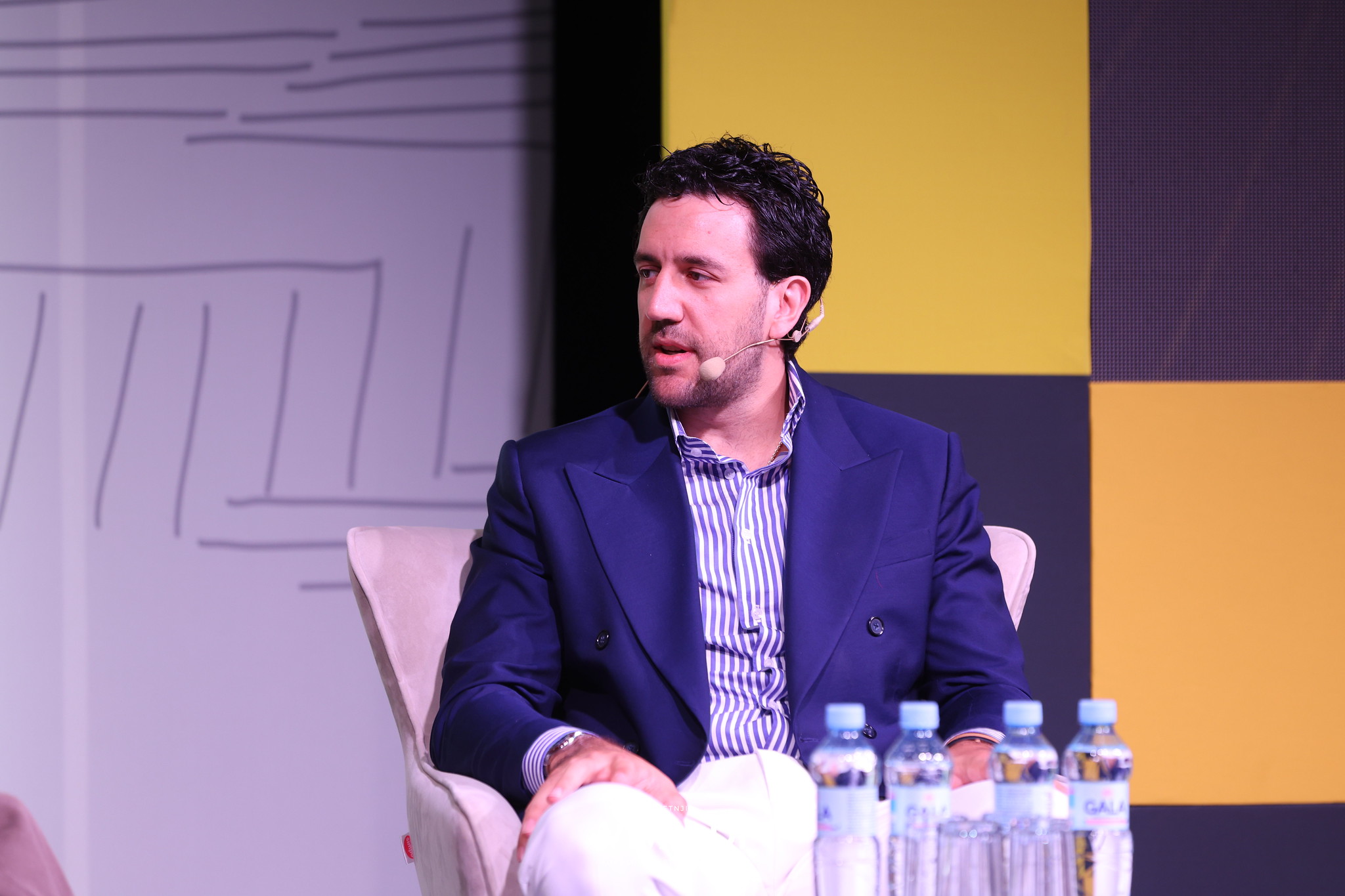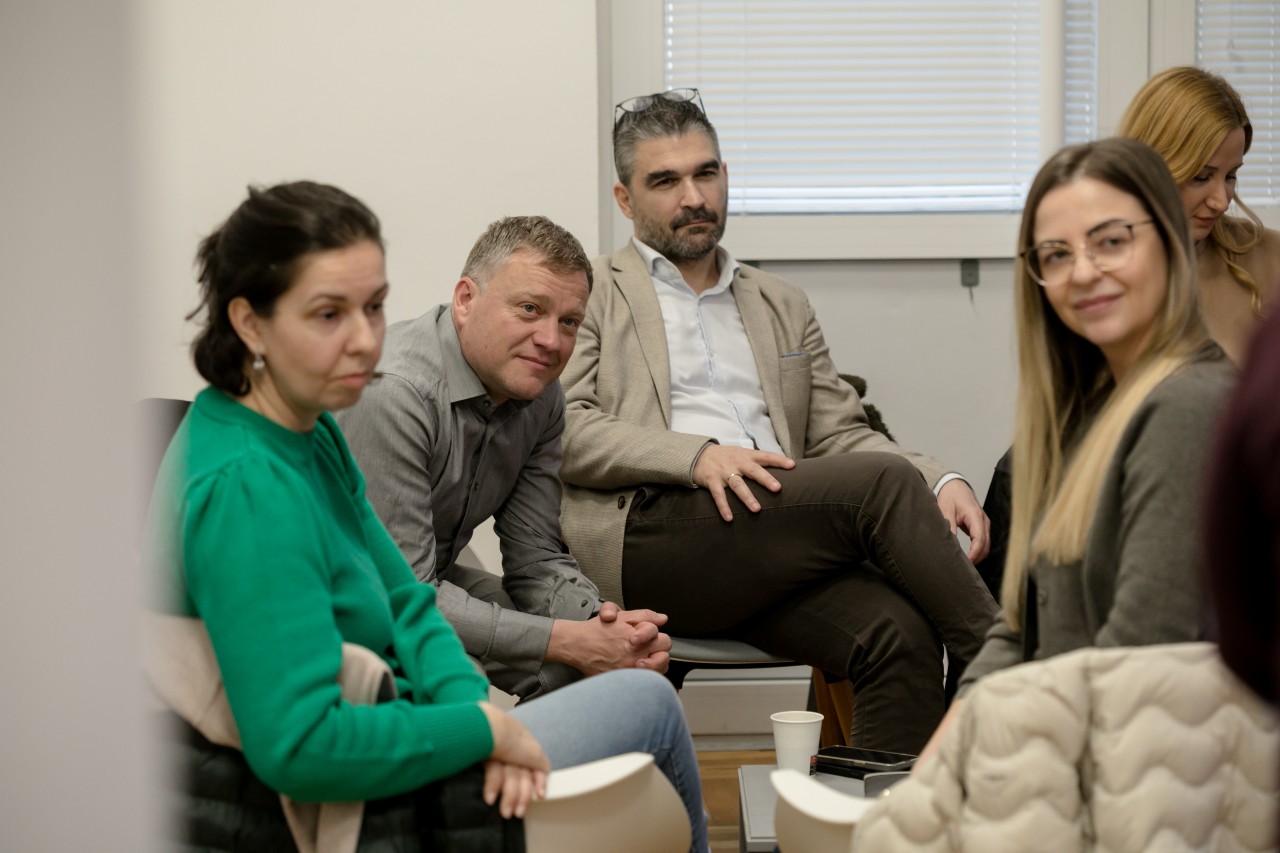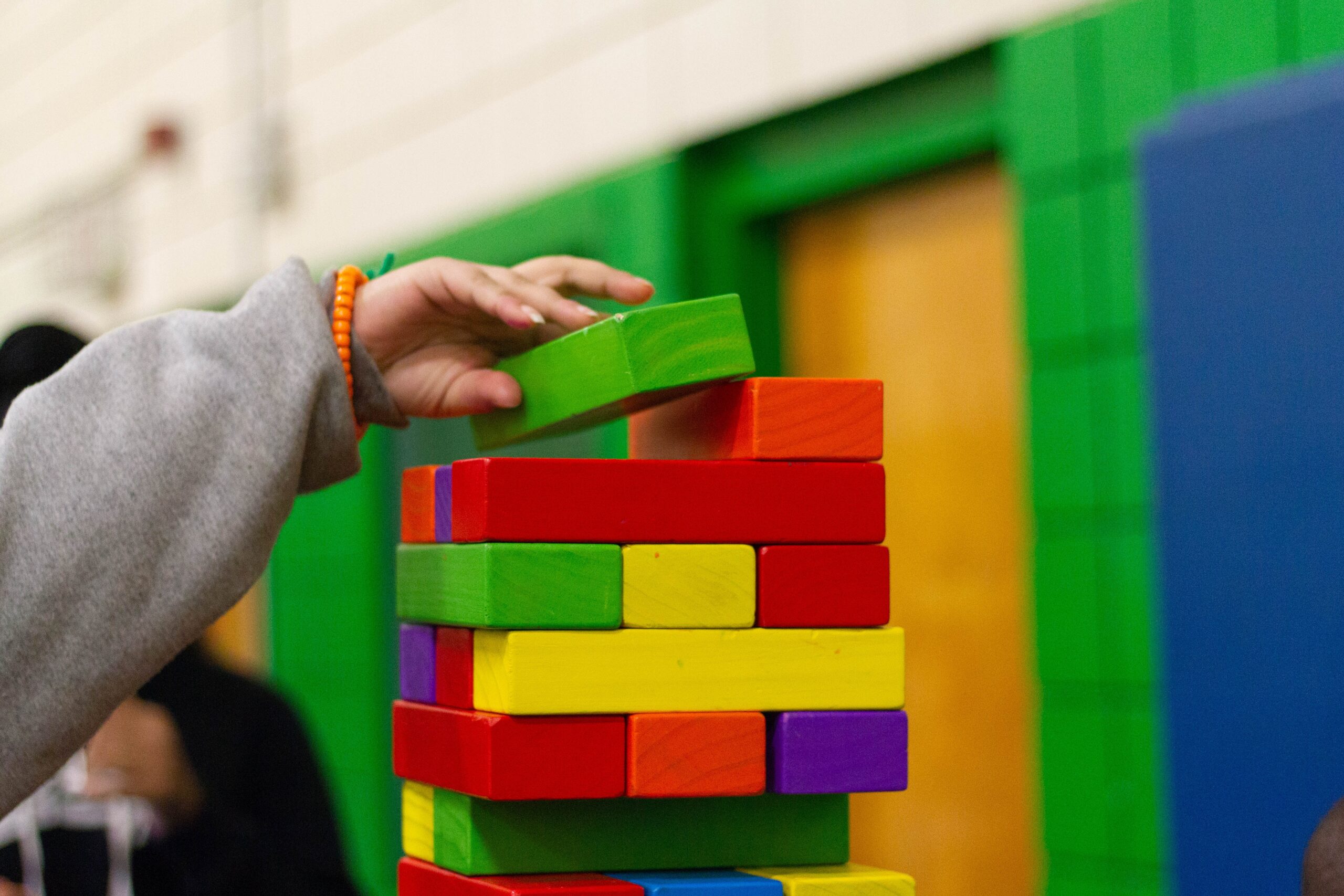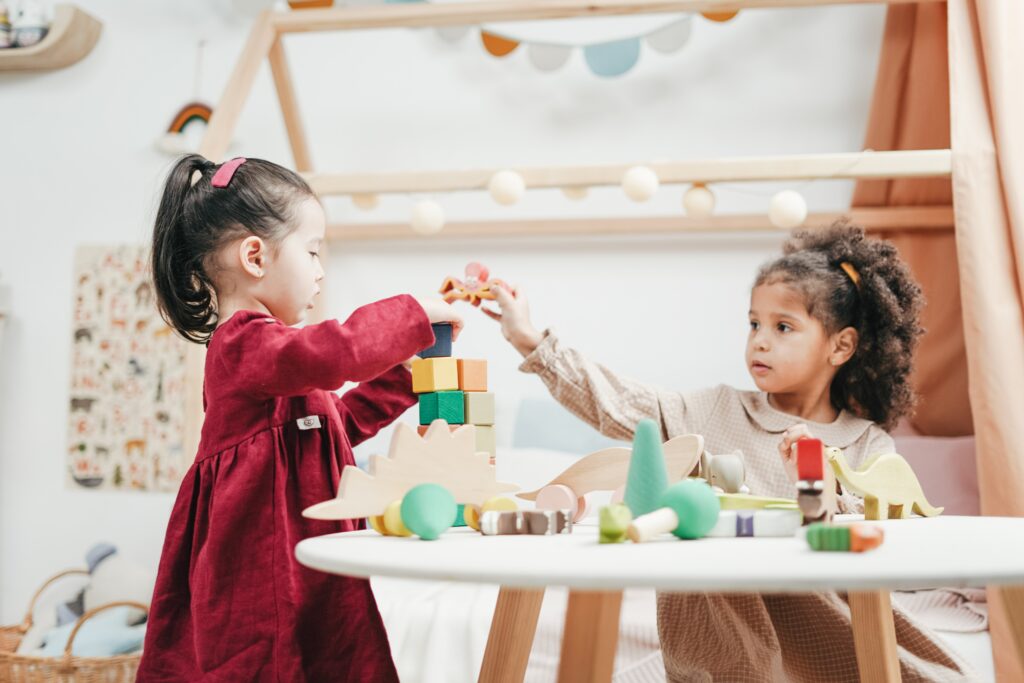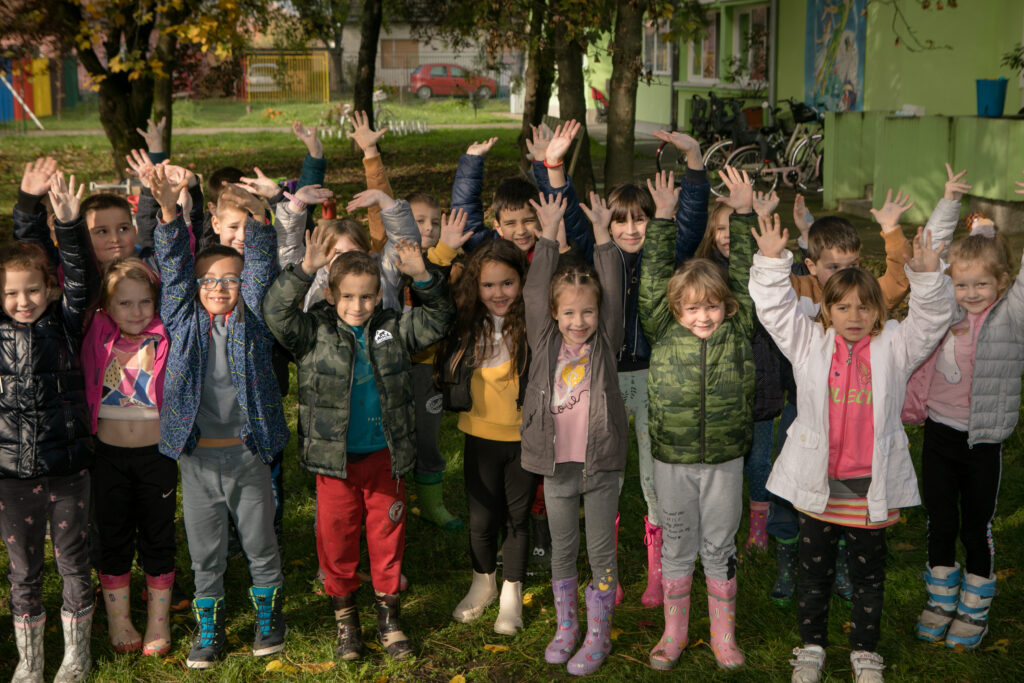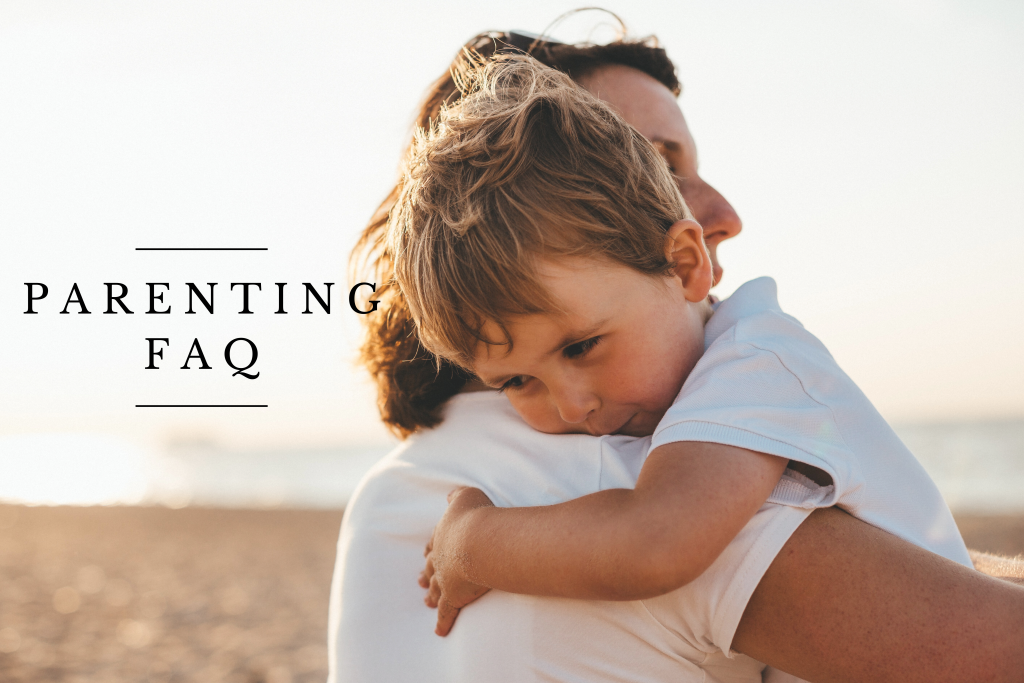Personal boundaries exist to provide us with a safe space, protect our physical, mental, emotional and psychological well-being. Without strong, healthy boundaries we may become people-pleasers, victims, feel overwhelmed, lose respect for ourselves, and maintain unhealthy relationships. On the other extreme, we may turn boundaries into walls, resent ourselves and others and withdraw from the world, not feeling safe enough to open up, resulting in poor personal and professional relationships and work performance.
How we, as parents, handle our own boundaries, model them to our children and respect theirs is going to provide the baseline for their boundaries in the adulthood and directly affect their well-being and life success.
Although it seems straightforward and only natural that parents respect children’s boundaries, it is in reality often not the case.
- How many times have you pushed your child to hug or kiss someone when they did not want to?
- Or answered a question someone asked them directly?
- Or demanded that they immediately tell you what happened while they were still too upset to verbalize it?
- Or dismissed their feelings without addressing them?
All of the above is a clear violation of children’s boundaries. But don’t worry. We have all been there. We don’t have to be perfect parents, but when we know better, we can do better.
- Physical boundaries
Children have different temperaments and needs for physical contact. While some need a lot of affection, like hugs, cuddles, tickles… other kids might feel uncomfortable with it. In addition, children might not like that kind of attention from everyone, even if they are naturally affectionate. By forcing them to give kisses or hugs to an aunt, a neighbor, etc. when they don’t want to, we are basically teaching them to accept unwanted touches from people and that leaves really serious consequences on their psychological health as well as their future intimate relationships.
We, parents, need to observe our young children and see if they step back, flinch or cry while interacting with us and other people which would suggest they are uncomfortable with some type of affection. Children are deeply connected to their bodies and respond instinctively to any discomfort. Once they are older, we can talk to them about their needs and preferences.
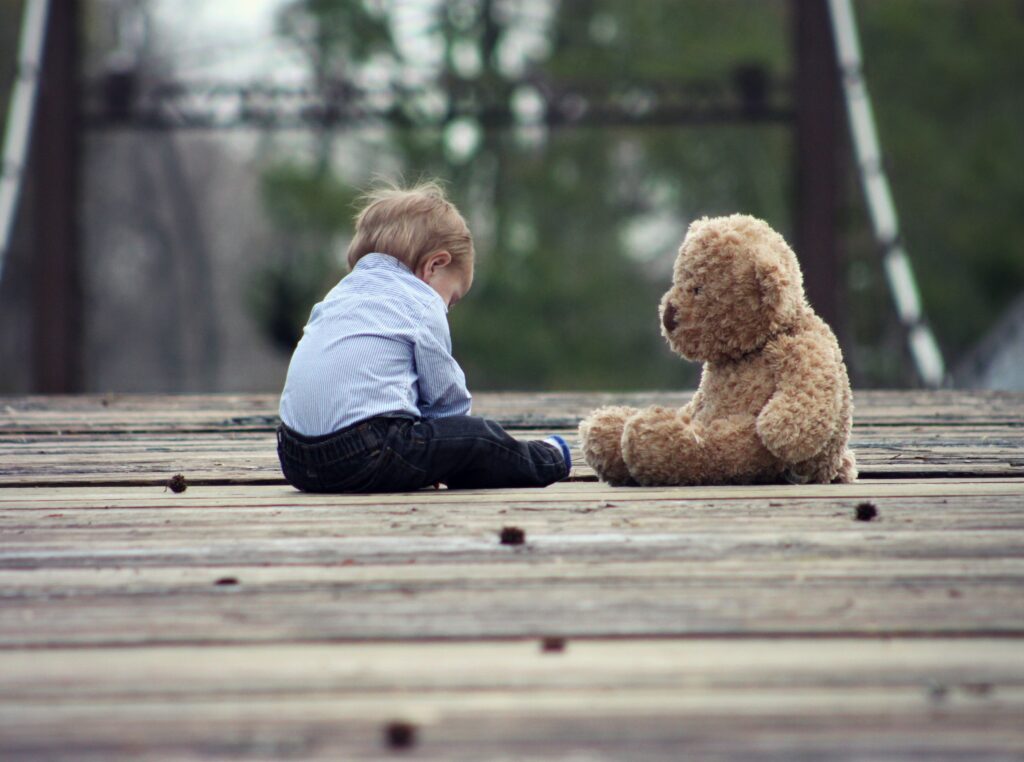
While some need a lot of affection, like hugs, cuddles, tickles… other kids might feel uncomfortable with it. Children are deeply connected to their bodies and respond instinctively to any discomfort.
- Energy boundaries
Extroverted children thrive in social gatherings, enjoy being with people, playing, talking, etc. while introverted kids prefer quieter environment with less stimulation. Some children love socializing, but also need their alone time.
It often happens that we insist taking our children (even when they say NO) to birthday parties, weddings or other places that may drain their energy or overstimulate them. We sometimes force them to visit relatives that may have been (un)intentionally mean to them or whose children are being rough or simply whose energy doesn’t match our children’s.
When we violate their boundaries in this way, our children don’t learn to own their NO and YES and start accepting uncomfortable things just to please us (or others when they grow up) and do not develop much necessary integrity.
- Emotional boundaries
As parents we are teaching our children how to process their emotions, how to express and channel them in a constructive way. Equally important is to respect and honor their feelings, especially the uncomfortable (and challenging) ones, like sadness, anger, jealousy, overexcitement, etc.
If we dismiss their feelings “It’s nothing to be sad about!”, berate them “Don’t be a sissy!”, distract them “Why don’t you play a game on your phone?!” we’re not only violating their emotional boundaries but missing out on an opportunity to teach our children to develop emotional intelligence and ability to embrace and learn from all their feelings.
Instead, we should acknowledge their emotions “You are so sad today.”, empathize “I know that feeling, honey…”, offer support “Do you want a hug?”. This sends a message of care, connection and offers our children space to simply feel their feelings while they navigate a tricky world of emotional growing up.

We should acknowledge their emotions “You are so sad today.”, empathize “I know that feeling, honey…”, offer support “Do you want a hug?”.
- Intellectual boundaries
Intellectual boundaries refer to thoughts, ideas and curiosity. Healthy intellectual boundaries include expression of our own while having respect for the ideas of other people, as well as willingness to dialogue and understand. Children are innately curious and have so many ideas – how we meet and respond to them shows whether we respect their boundaries.
Boundary violation in this area can have a few aspects:
- Dismissal: “You’re too young to know / ask / do / think…”
- Ignoring: “I don’t have time…” or “Let’s see later…” and failing to address it later.
- Interruption: “Oh, I know what you mean, I’ll explain for you …” while children are talking.
- Belittling: “That’s really stupid…”
These violations directly undermine children’s confidence, self-worth and creativity and may lead them to believe that they and their ideas are insignificant.
Boundaries extend to so many aspects of our lives and directly support or diminish our well-being: from confidence and self-value, to physical health, to creativity and emotional intelligence. Boundaries modeling, setting and violation in childhood have long-term consequences. As we’re learning and growing as parents, let’s do better for ourselves and our children.
Jelena Fu is an educator with extensive experience working in China. She has designed curricula for different subjects and ages, held training for teachers and workshops for parents. She has been practicing meditation for many years and wants to pass on her experience and the benefits of meditation to others. Her meditations on the Insight Timer app are very popular. She spoke at the TEDx Conference in Shanghai in 2015 and regularly writes articles on education and parenting. She is also a co-founder of the Selfgrowthcourses platform with courses that support and teach parenting, boundaries setting and offer tools related to self-growth.

